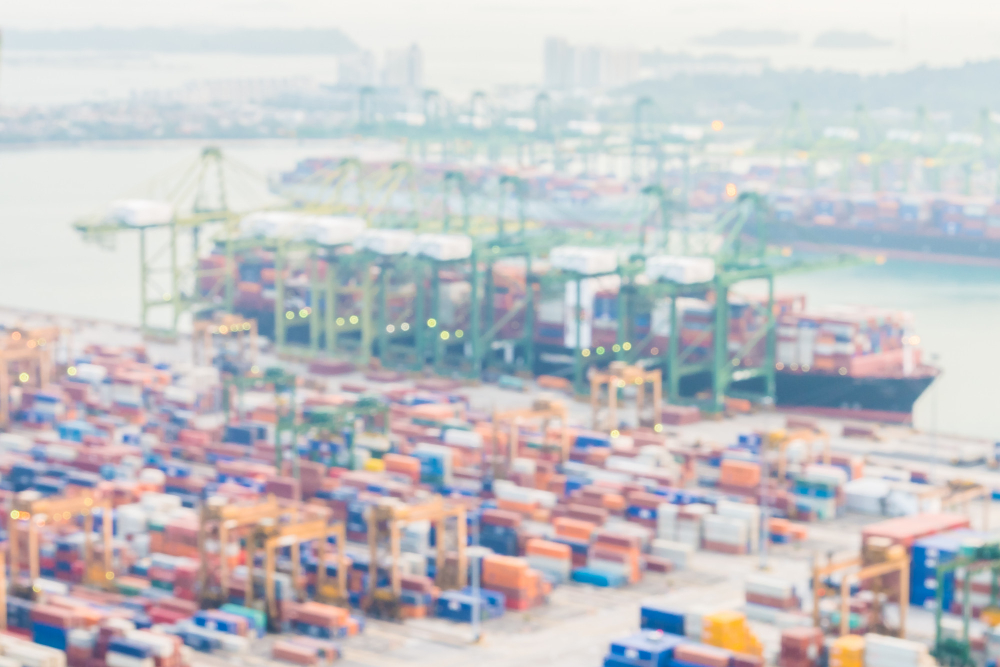Navigating New Norms: The China Trade Embargo and Its Global Impact
Category: Chinese chance Date: 2024-09-29 Views: 2
The world economy faces significant challenges and shifts as a result of the China trade embargo, a complex and far-reaching policy that aims to reshape international trade dynamics. As nations reevaluate their economic strategies and industries brace for impact, the landscape of global trade has entered a transformative phase.
The embargo targets multiple sectors, severely affecting both China's import and export capabilities. The tech industry, highly reliant on intricate global supply chains, faces considerable disruptions. Agricultural exports from China, a major player in global markets, are also at a standstill, influencing food supply chains worldwide. Textile industries, pivotal to China's export economy, experience shifts as global brands seek stability in alternative markets. These changes force a rethinking of supply chain management and procurement strategies globally.

Chinese businesses are not passive in this scenario; they're actively seeking ways to mitigate the impact of these restrictions. There is a significant shift towards diversifying markets and investing in domestic capabilities to reduce reliance on hostile trade partners. These strategies include enhancing technological innovations and finding new markets in less restrictive regions, which could potentially turn these challenges into opportunities for local industries.
In response to the embargo, China has shown a propensity to engage diplomatically while also preparing for retaliatory measures, such as imposing tariffs on goods from cooperating countries. This dual strategy underscores China's approach to maintaining its economic stability and signaling its unwillingness to be isolated in the global marketplace. Moreover, strengthening alliances with nations outside of the embargo sphere showcases China’s strategic redirection towards potentially more supportive trade partners.
Looking ahead, there are emerging opportunities amidst these trade restrictions. Companies and nations are exploring new trade routes and partnerships, adapting to changing consumer behaviors which now favor sustainability and resilience in supply chains over mere cost-effectiveness. Businesses worldwide are finding that flexibility and innovation in sourcing and logistics are keys to thriving in this new economic environment.
In conclusion, the China trade embargo presents a complex array of challenges and opportunities. For businesses and policymakers, staying informed and adaptable is crucial. As the global trade environment continues to evolve, proactive and informed strategies will be essential for navigating the uncertainties of international commerce. Engaging with these dynamics thoughtfully will ensure that companies not only comply with new regulations but also seize the emerging opportunities that these challenging times present.

